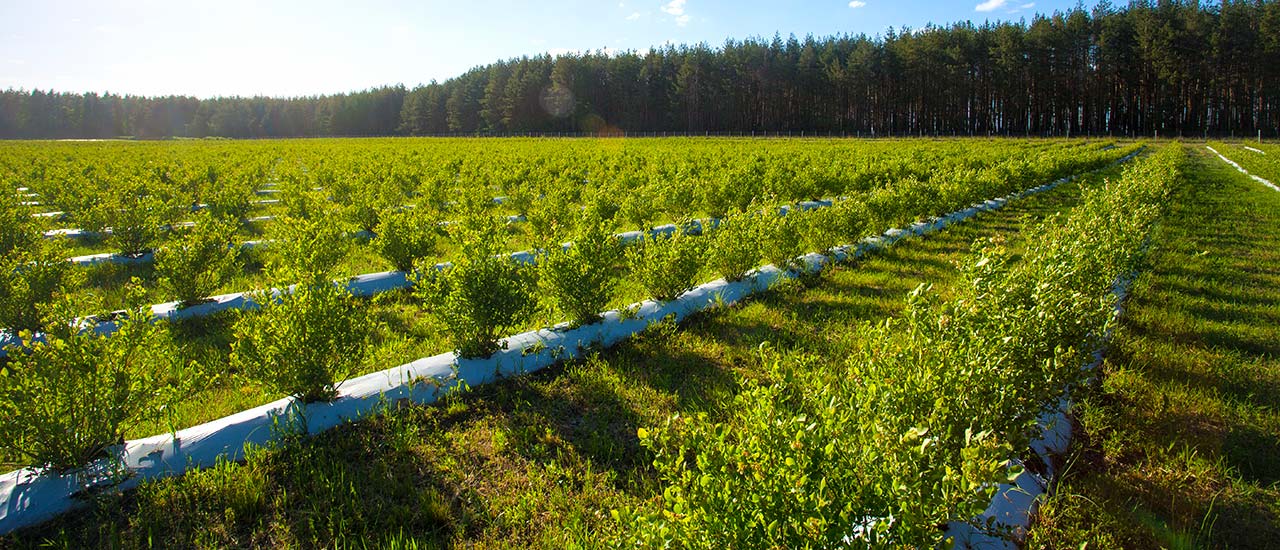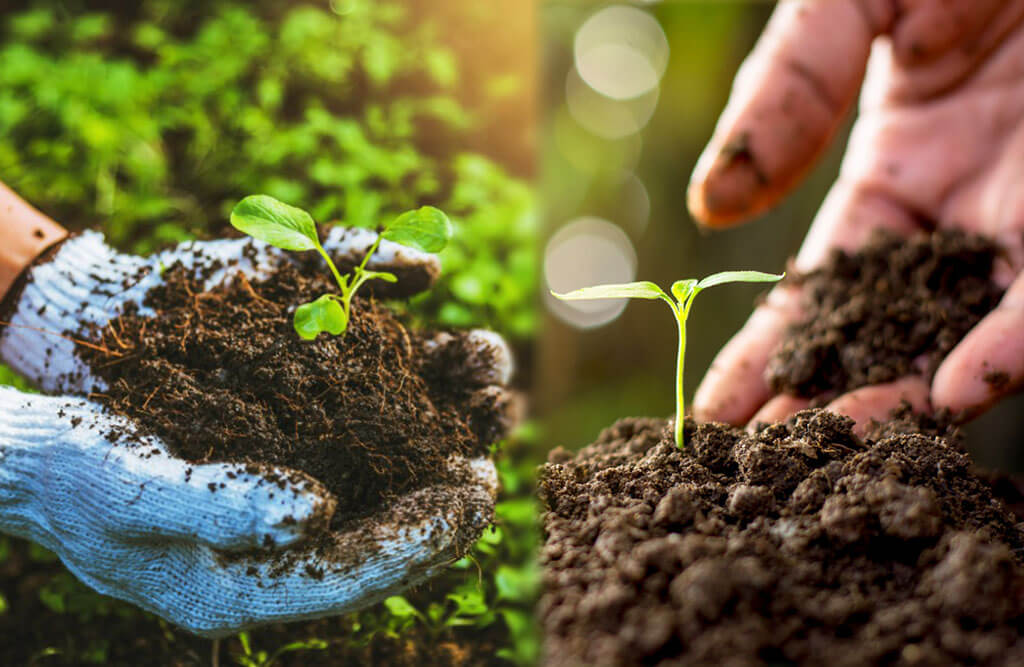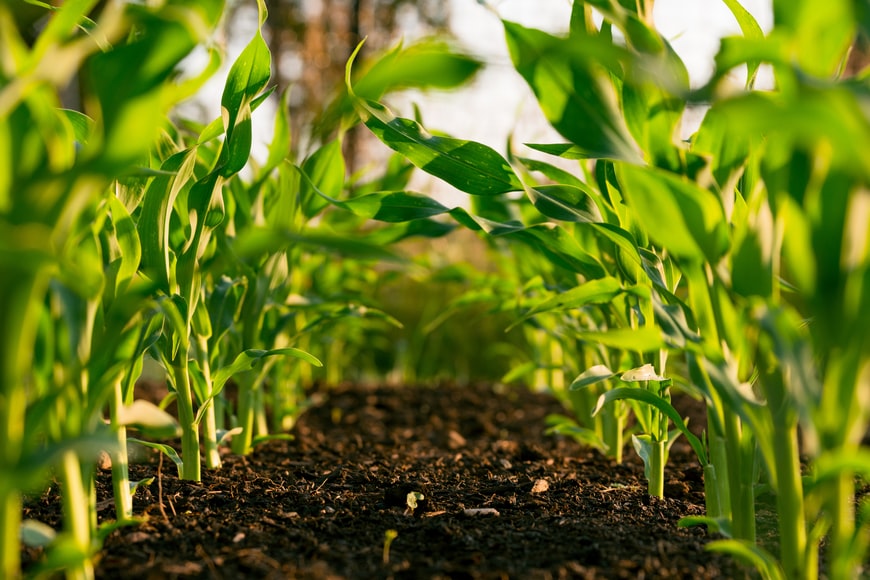Organic farming is often seen as a labor of love—small-scale, hands-on, and deeply connected to nature. But as global demand for organic products grows, the industry faces pressure to scale without sacrificing its core principles. Enter precision agriculture, a game-changer that’s helping organic farmers increase efficiency, reduce waste, and maintain environmental stewardship.
Precision agriculture involves using technology—sensors, drones, satellite imagery, and data analytics—to optimize farming practices. Unlike conventional farming, where synthetic inputs can mask inefficiencies, organic systems rely on natural processes that require careful management. Precision tools provide the insights needed to make those processes more effective. For example, soil sensors can measure nutrient levels in real time, allowing farmers to apply compost or cover crops exactly where they’re needed. This not only boosts soil fertility but also prevents over-application, which can harm ecosystems.
Water management is another critical area where precision agriculture shines. Organic farms often operate in regions prone to drought or erratic rainfall, making irrigation a delicate balance. Smart irrigation systems, guided by weather data and soil moisture readings, deliver water with pinpoint accuracy. Studies show that farms using these systems can reduce water usage by up to 30%, a win for both the environment and operational costs.
Drones are revolutionizing pest and disease monitoring in organic systems. Equipped with high-resolution cameras and AI, drones can scan fields for early signs of stress, such as leaf discoloration or pest activity. This allows farmers to act swiftly—whether by introducing natural predators or adjusting crop rotations—before problems spread. Unlike chemical sprays, these interventions align with organic standards while saving time and labor.
Perhaps the most exciting aspect of precision agriculture is its potential to democratize data. Cloud-based platforms now make it easy for farmers to access and interpret complex datasets, from yield projections to climate risk assessments. These insights empower growers to plan more effectively, whether they’re managing a 10-acre vegetable plot or a 500-acre grain operation. As organic farming scales, this data-driven approach ensures that sustainability remains at the forefront.
The road ahead isn’t without challenges. High upfront costs and the learning curve of new technologies can be barriers, especially for small farms. However, as adoption grows and costs decline, precision agriculture is becoming more accessible. By embracing these tools, organic farmers can meet rising demand while staying true to their mission of nurturing the land for future generations.


